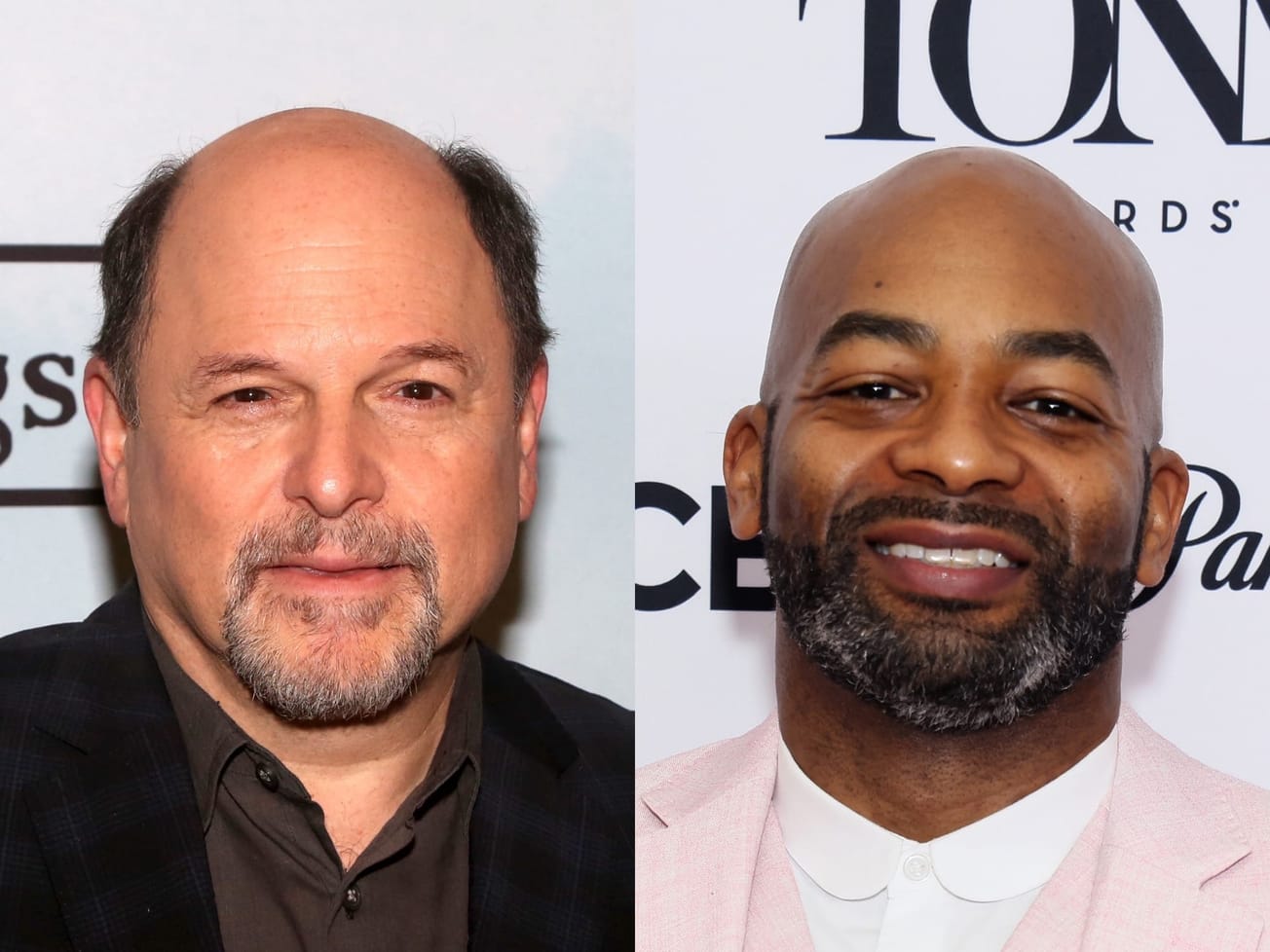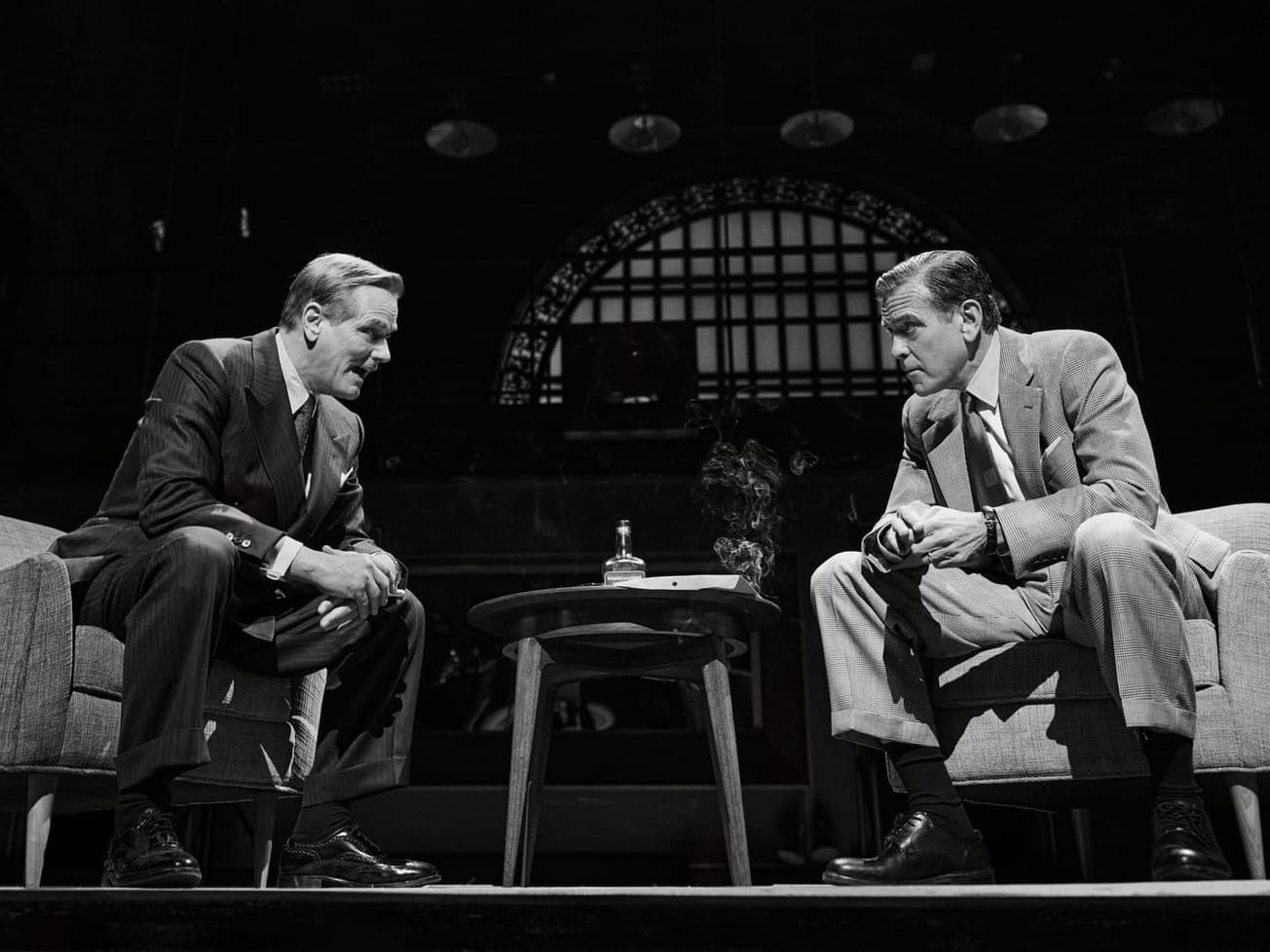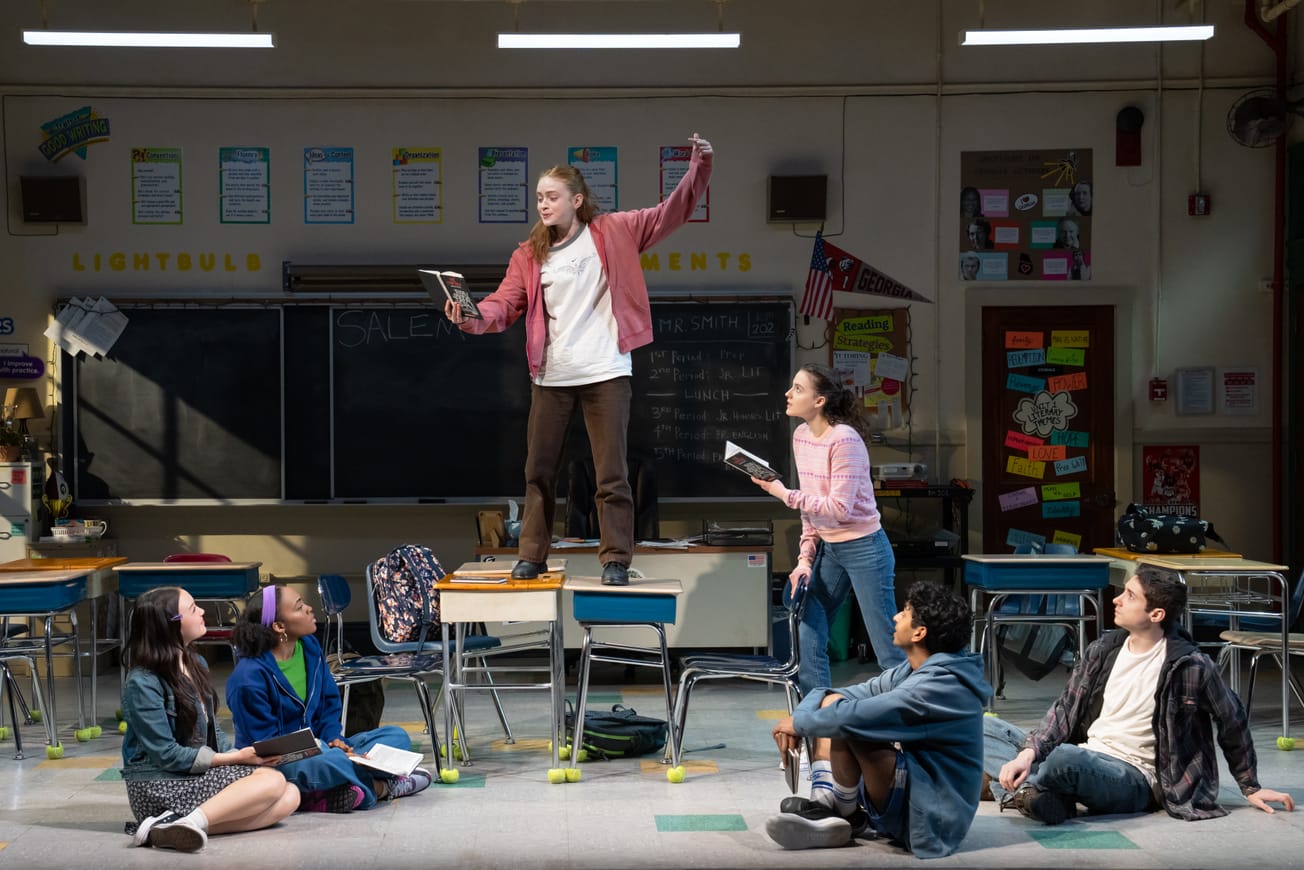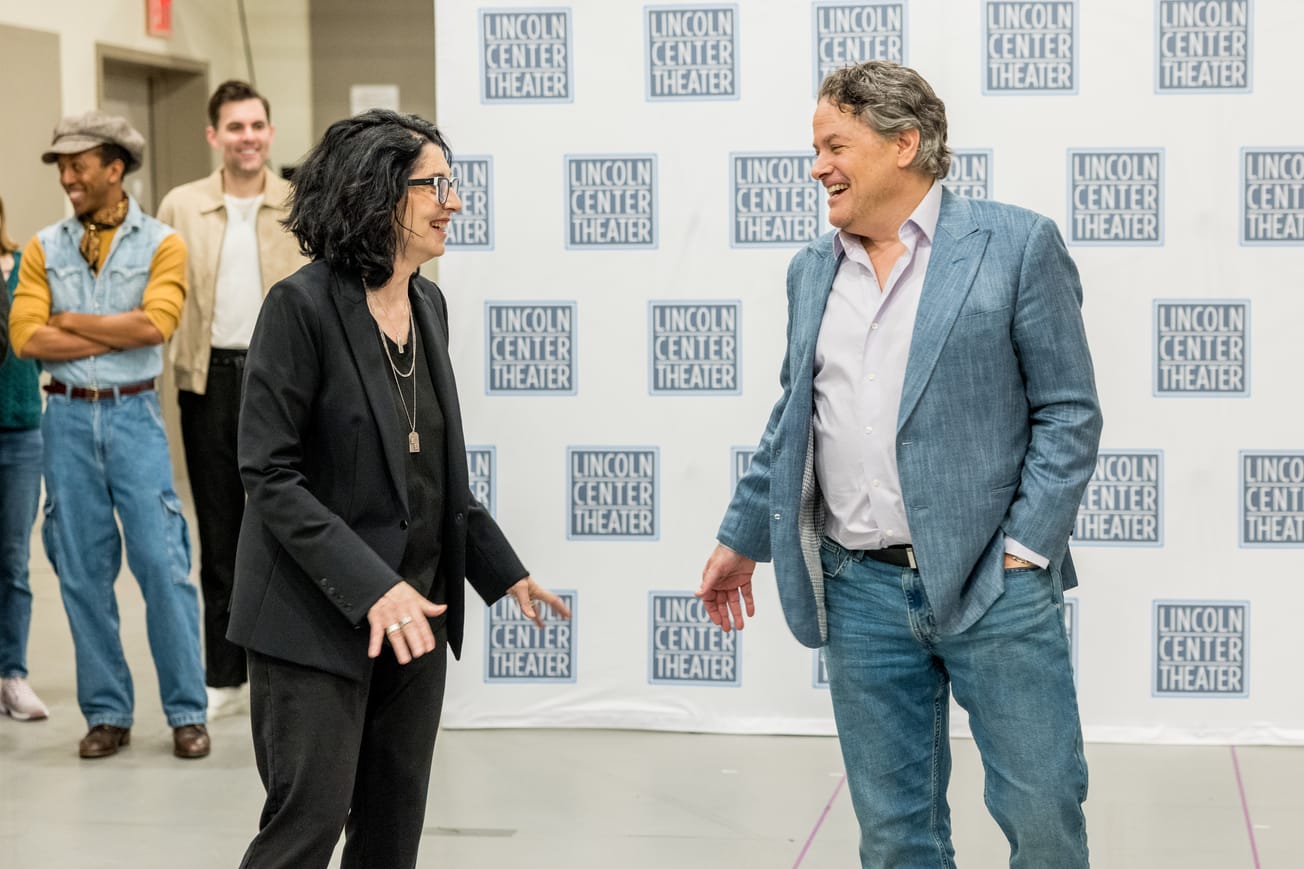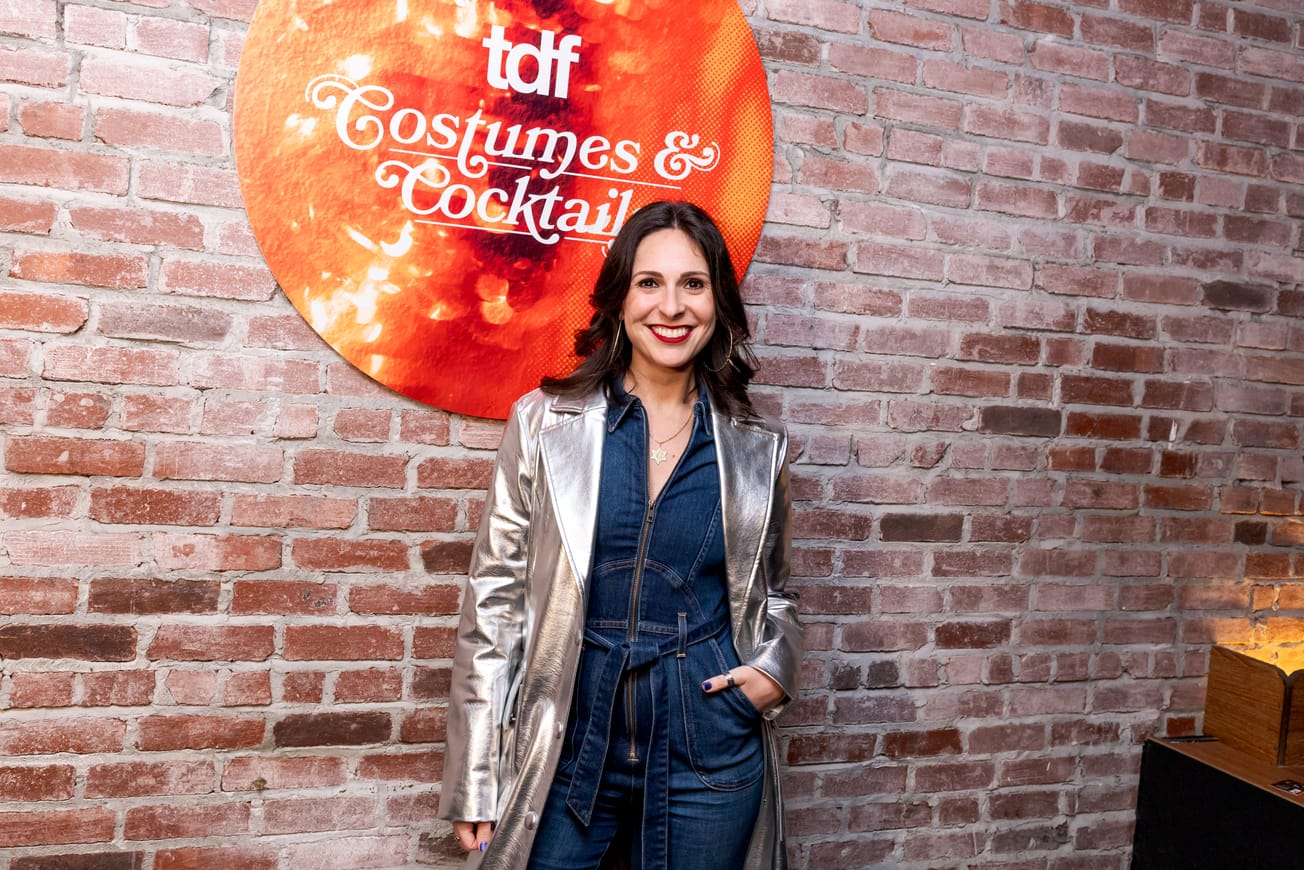As a casting director for more than 20 years, Bethany Knox has worked on numerous big-name projects. Her very first? “Rent.”
Having interned at Bernard Telsey Casting and MCC Theater during the summer of 1997, Knox started out as an assistant with Telsey in July 1998. The following year, she landed her first Broadway show as a casting assistant on “Rent.”
Which is ironic, since “Rent” is the reason Knox met casting magnate Bernie Telsey in the first place. “I met Bernie when I auditioned with my Tufts University a cappella group, the Amalgamates, for the first national tour of ‘Rent’ in Boston,” Knox said. “I had no idea what a casting director was or what they did, but I was so fascinated by it! I thought I would try performing but immediately felt more at home behind the table.”
Knox has spent her 25-year career with the Telsey Office, working as a full-time casting director for two decades. In her position, she casts original companies and replacements for shows, observing a revolving door of talent. Knox has worked on Broadway shows such as “Elf,” “Something Rotten!,” “Hamilton,” “Mean Girls,” “The Prom” and “Some Like It Hot.” Knox shared with Broadway News the joys and challenges of life as a casting director.
Bethany Knox, casting director
The Telsey Office
Start date: Summer 1997
What does a casting director do?
Bethany Knox: We find talent that brings [projects] to life and helps [meet] the vision of our creative teams. This means so many different things on different days. That’s the joy and challenge in it!
In what way do you use headshots and résumés in auditions? Are tools like reels or websites helpful?
I always look for experience and training on résumés first. I often look to see if there are names of projects or people that I might know. Reels, Instagram accounts and websites are helpful for getting to know more about someone and seeing if they might be right for a project initially. Ultimately, we’d need to see them perform the material from the show to make a more accurate determination.
What are you looking for in an audition?
[That’s] mostly circumstantial to the project and current need we are casting [for]. Consistently, we are always looking for people that are kind, prepared, polite and on time. You can’t underestimate the human aspect of what we do!
What questions do you like to ask people in an audition and why?
I like to ask people how they are doing. I think it’s really important to remember the human component of what we do. Connecting with an actor for a moment during their audition can help set a comfortable tone for us both. If time allows, we will often ask them to tell us where they are from or a little bit about themselves. This helps us get to know more about a person in a short amount of time.
Who do you work with on a daily basis?
We have an office of approximately 20 or so colleagues in NYC and L.A. I also work on a daily basis with the members of the creative teams of the shows I am casting. We report to our directors and producers and our casting support staff teams report to us. We have incredible associates and assistants who help on all of our projects.
Describe a typical day at work.
What I love most about our job is that there is no typical day. Sometimes we are in auditions seeing hundreds of performers in person, sometimes we are scouring the internet for talent, making lists, working with people to get them where they need to be to get cast, talking to general managers to strategize logistics; the list goes on! Much of what we do is very clerical. We are nothing without our great lists and databases. We credit our support staff for their extensive work on that!
What is the piece of your job that you never tire of?
I never tire of seeing the folks we found thrive in roles and bring something to life in an unexpected way. It’s very gratifying. I also love making directors and creative team members I work with happy; if they feel confident in their cast, that’s a huge part of the success of their production.
What are some of the challenges?
Oftentimes creative teams or different departments within creative teams disagree on decisions. It is up to us to help steer them to make the choice to cast who best suits the role and show or to know when we continue looking until we find someone that everyone agrees on.
Tell me a story from a day on the job that you’ll never forget.
The list goes on and on! My colleagues and I went to the University of San Juan to hold an open call for the touring production of “Hamilton” — which I was casting and that was coming to San Juan. The warmth and excitement from all of the staff that helped us and all of the people that came out to audition was something I will never forget.
Describe a moment when you felt hugely proud to do what you do.
There are so many. Seeing our cover for Daphne/Jerry in “Some Like It Hot,” DeMarius Copes, so beautifully step into the very big shoes he had to fill for J. Harrison Ghee’s leave of absence is one of them. Anytime I see a cast I have assembled take the stage is a proud moment for me.
Recall a challenge at work and how you overcame it.
Well, for one, Broadway was closed for a year and a half and then we had to figure out how to remount our shows via virtual auditions with COVID protocols in place! We are so grateful to have come out of the other side of that and to have taken some small silver linings from that time. We now do virtual rounds of auditions for almost everything (as well as in person), and in doing so we are able to see people from all over the country we would not have had the opportunity to see otherwise.
What is Broadway to you?
Broadway to me is joy. It is something to look forward to.
If you could change one thing about your job or Broadway or theater, what would it be?
I would take vacations without my phone on, but I would miss it so that’s unlikely to happen anyway. I would love Broadway to be more affordable in general so that everyone could see shows with regularity.
What’s one thing you wish audiences understood better about theater? There are so many people contributing behind the scenes. Hundreds of people work so hard to get these shows up and running.
What’s one thing you wish other industry insiders understood better about your job or theater from your perspective?
I wish some industry insiders would think of us as part of the creative team. Most of the people we work closely with do, but we want to continue to gain respect for our part of the collaboration.



















































